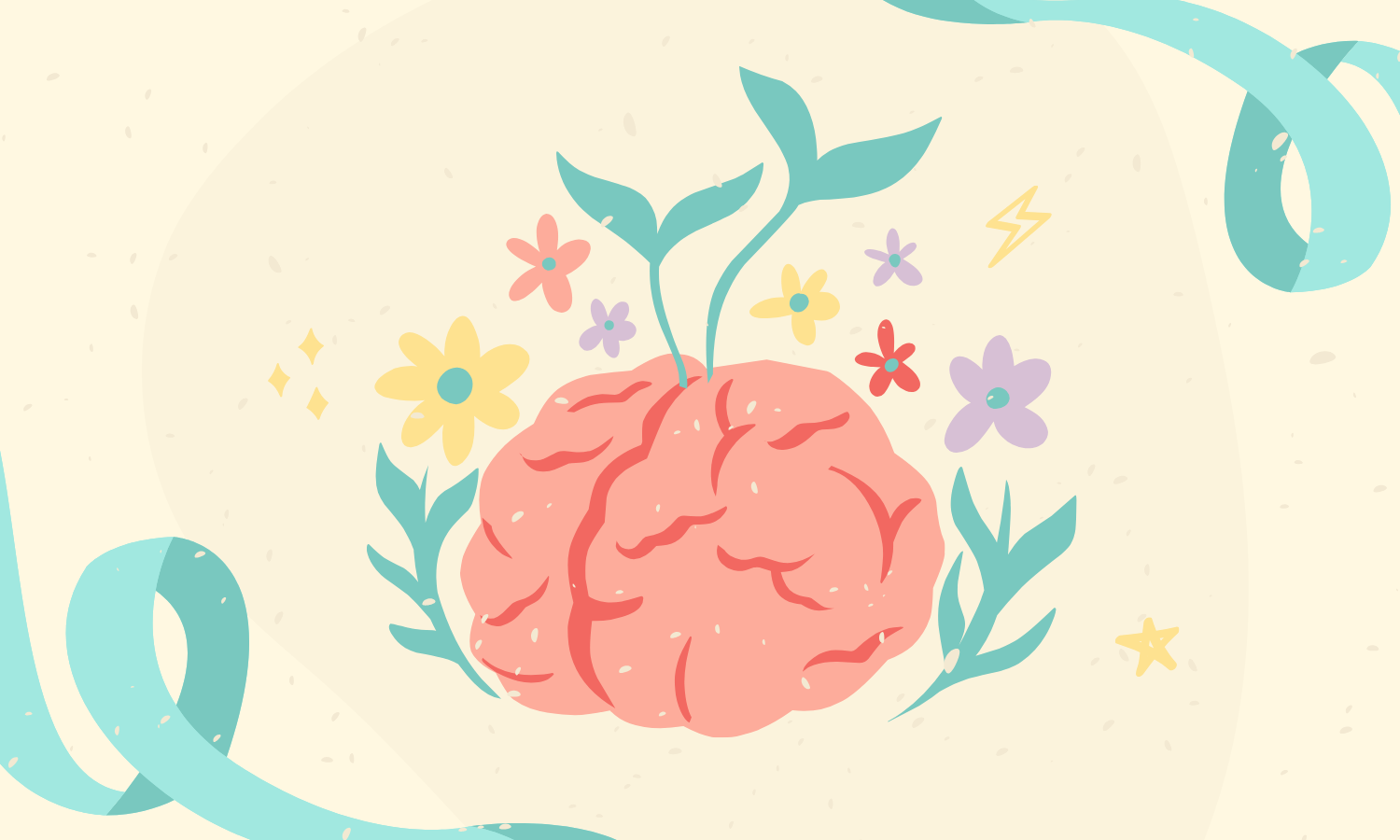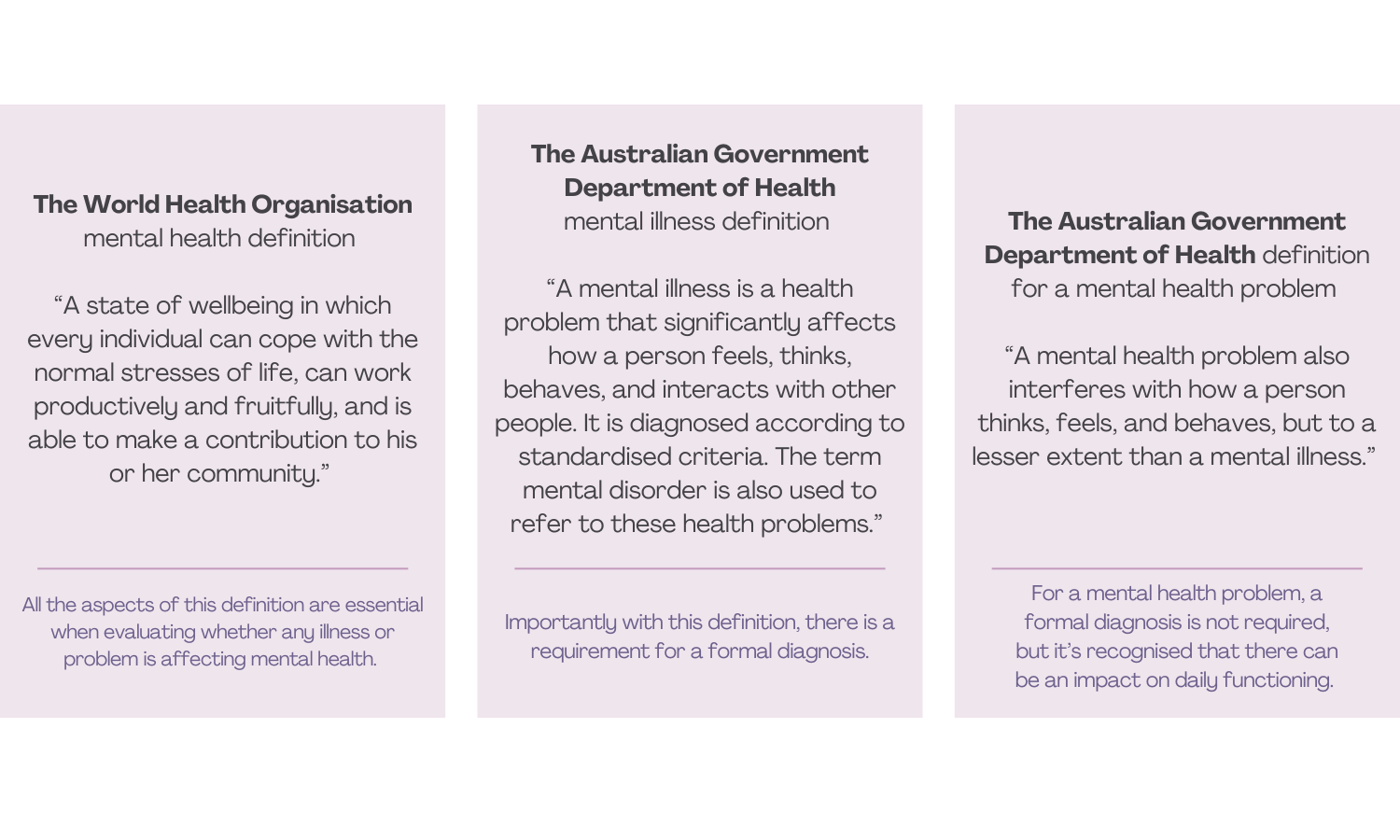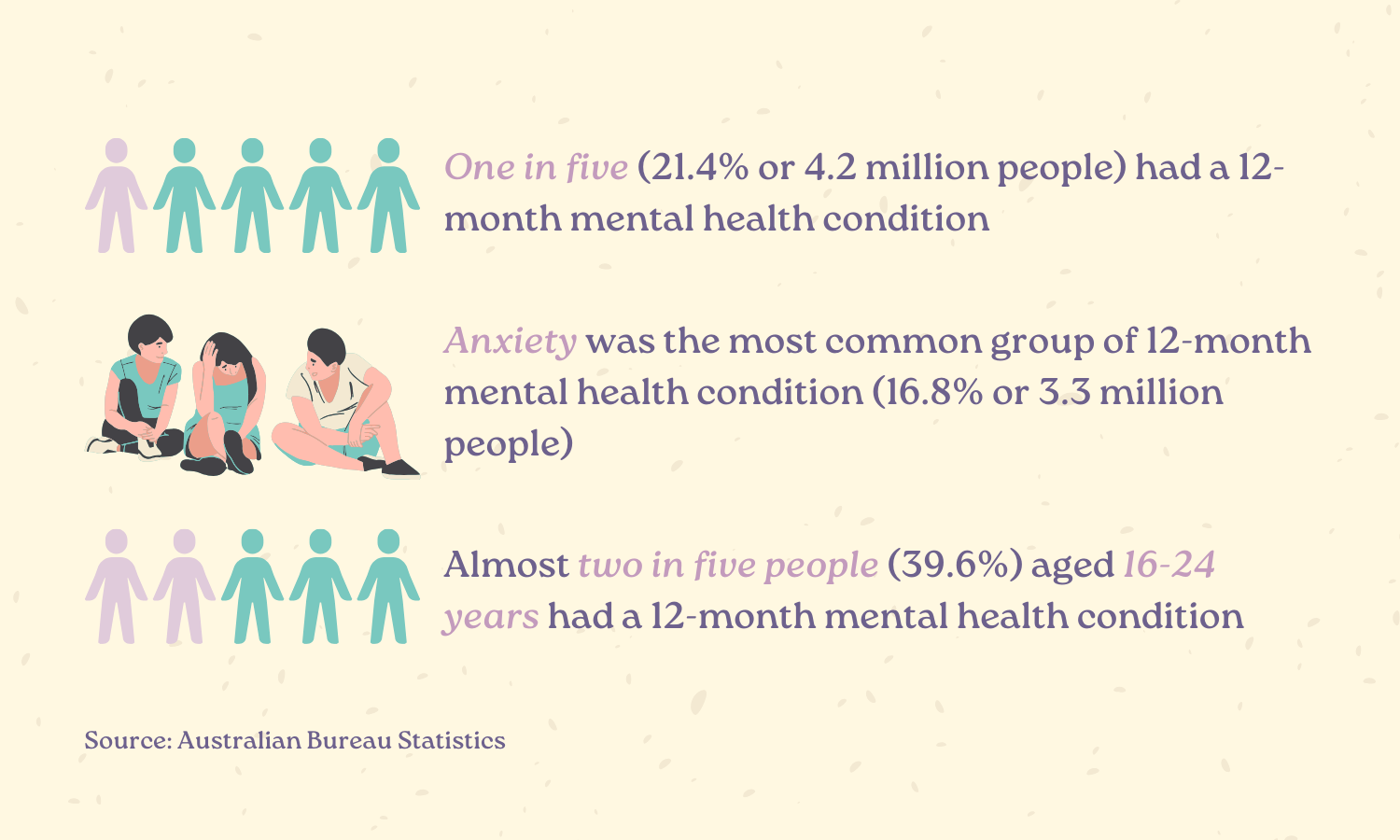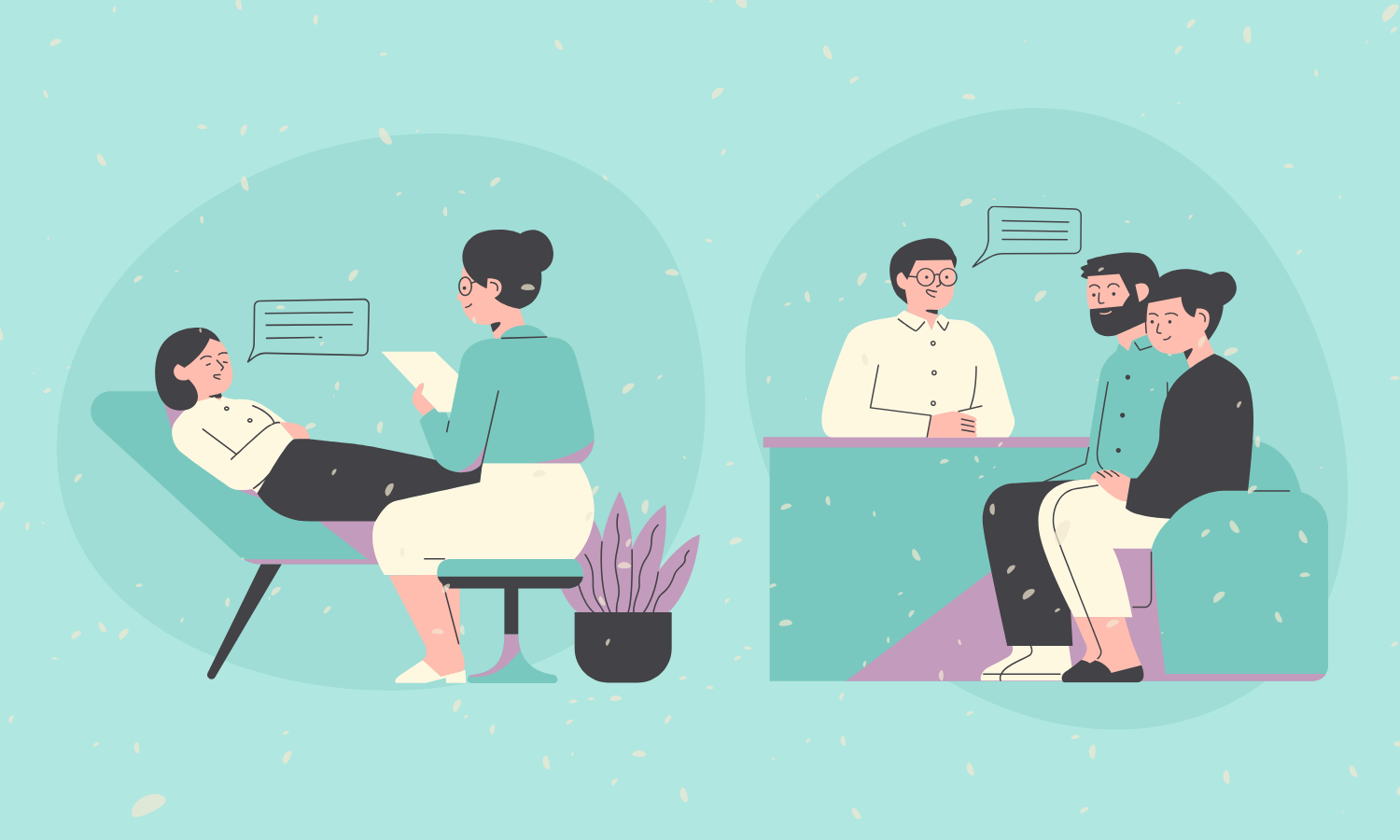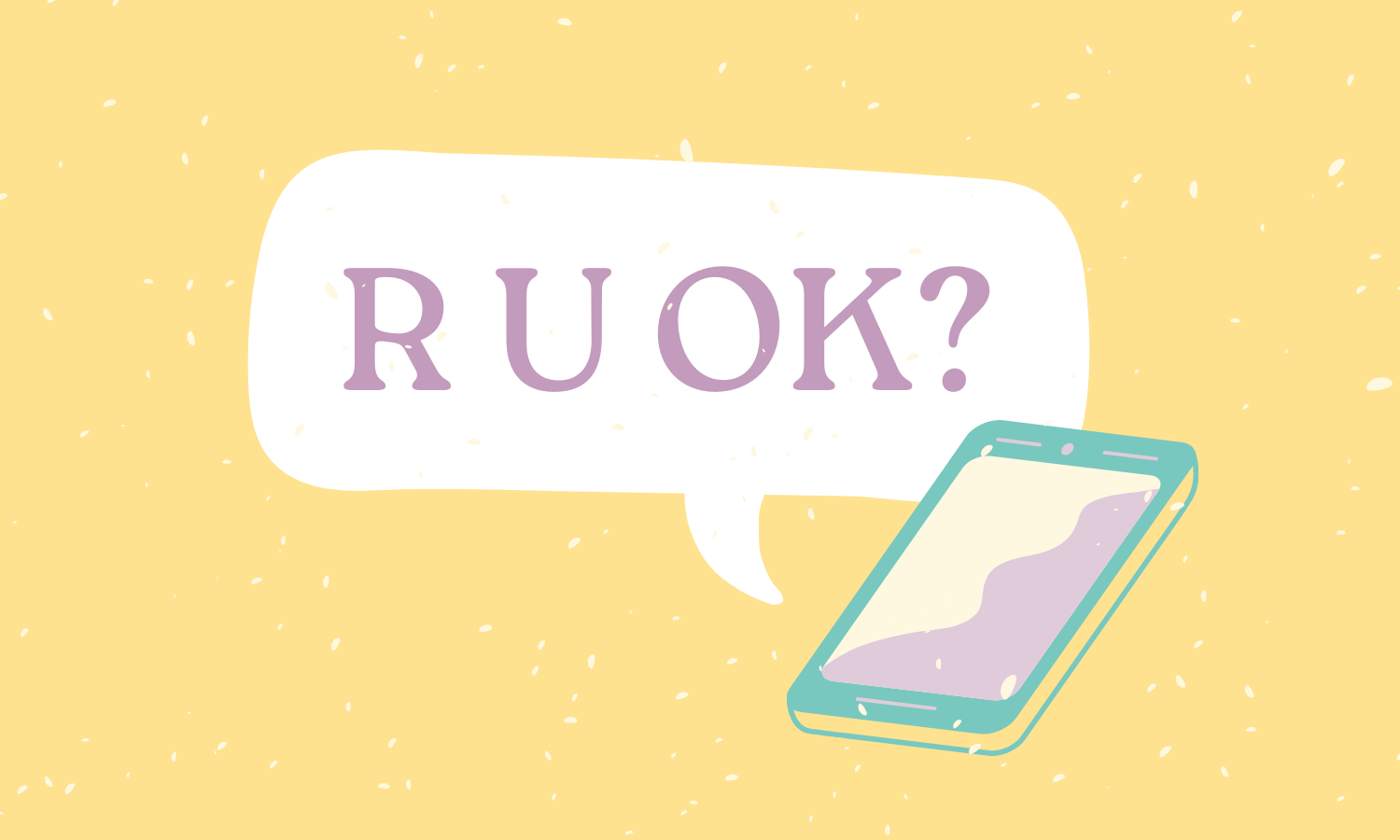Health Spotlight: Mental Health
Today, we're diving into a topic that's close to our hearts: mental health. It's a subject that affects us all, whether directly or through our friends and family, so let’s delve deeper into this mental health journey and equip ourselves with the knowledge we need. After all, mental health is something we all have, and it’s high time we give it the attention it deserves.
45% of Australians will experience a mental health condition in their lifetime
The most common mental health conditions are anxiety disorders, mood disorders (including depression) and substance abuse disorders
Half of Australian adults who experience a mental condition are not accessing regular treatment, and others may be receiving inappropriate or ineffective care
Source: Zurich Underwriting Information Factsheet - Mental Health
What is mental health?
Key Terms
For this blog, the term mental health condition will be used to encompass both a mental health illness and a mental health problem.
Why mental health matters: A closer look
Did you know that nearly half of all Aussies had faced mental health condition at some point their lives? Mental health is a big deal, no matter how old we are or where we come from. It also affects the people around us, our community, and even our whole country.
Living with mental health condition can throw some serious curveballs our way. It can put a person at a higher risk of dealing with physical health issues, struggling to find a job, finding oneself without a place to call home, or even ending up behind bars. The consequences are no joke, and they can have a major impact on the overall well-being.
If we take a step back and look at the bigger picture, mental health conditions cost our economy $220 billion each year. This is not just a personal struggle; it has significant implications for our economy as a whole.
How are mental health conditions diagnosed?
Basically, mental health conditions are diagnosed by a mental health expert who observes the symptoms. Sometimes, the diagnosis might change as they learn more about the history or notice different signs or symptoms.
In Australia, the go-to tool for diagnosing is the American Psychiatric Association's Diagnostic and Statistical Manual of Mental Disorders (DSM), which is like the bible of mental health. It's been worked on by heaps of experts from all over the world for over 10 years.
Signs to
watch out for
Each mental health condition has its own set of symptoms. Anxiety conditions can cause panic attacks, chronic fears, and anxious thoughts that disrupt a person's daily life. They may also experience physical symptoms like trembling, sweating, and feeling faint.
On the other hand, mood conditions like depression can manifest as persistent sadness, negative thoughts, and a loss of interest in activities a person used to enjoy.
To diagnose a mental condition, a doctor or mental health professional will typically inquire about the person’s mood, behaviour, and any recent traumatic experiences.
What impact do mental health conditions have on life and disability insurance in Australia?
New data from MetLife shows that mental health is one of the main concerns of employees in Australia. Around 45% of all claims point to mental health as the main cause, and between 60% to 70% of claims mention it as a contributing factor. It's clear that mental wellbeing is a top priority for employees in Australia.
Zurich paid out over $208 million in life and disability insurance claims in 2017. Among Australian insurers, mental health conditions rank third in causing Total and Permanent Disablement (TPD), and second in causing Income Protection (IP) claims.
At TAL, the majority of mental health claims (71%) are made under income protection policies, followed by total permanent disability cover (25%) and life cover (4%).
So, what exactly does income protection do? Well, if you become disabled due to sickness or injury and can't work, income protection can replace a chunk of your monthly income (up to 75%). This helps you keep up with important bills like mortgage payments, car repayments, rent, and utilities. It's all about ensuring you can keep your financial ship afloat during tough times.
Now, let's say things get more serious, and your mental health condition leaves you permanently unable to work. In that case, you might be able to make a claim under a total permanent disability (TPD) policy. This could get you a lump sum benefit to help you navigate the challenges ahead.
And hey, we need to talk about life cover too. Life cover is all about providing for your loved ones if you pass away. It can help them pay off debts and maintain their standard of living during a difficult time.
It's worth chatting with a financial adviser who can understand your specific circumstances and guide you towards the right cover.
Remember, nearly half of all Aussies have experienced a mental health disorder at some point in their lives. It's a common thing, and you're definitely not alone. If you ever need support, reach out to friends, family, health professionals, or community support services.
Looking after yourself
In the hustle and bustle of life, it's easy to forget that self-care isn't selfish; it's essential. Taking care of yourself starts with self-awareness and ends with a flourishing sense of well-being. Here are some simple ways to look after yourself:
Stay connected with your loved ones and the community you hang out with. They have your back!
Keep your body fueled with good food and stay active.
Build up your mental strength to handle life's challenges.
Reach out to a healthcare professional if things get tough. They've got your back too!
And if you're worried about your mental health, it might be worth reviewing your insurance needs.
R U OK? A conversation could change a life
R U OK? Day on the 14th September is a special day where Australians are encouraged to reach out and check in on their family, friends and colleagues. Given the recent challenges we've all faced, asking the simple question "R U OK?" has never been more important.
R U OK? is urging all of us to take the time to listen and really understand the people we care about. By having an R U OK? conversation and genuinely lending an open ear, we can support and connect with the important people in our lives. So, let your world know that you're here to truly listen because one conversation could change someone's life.
For more information, visit ruok.org!
Where to go if you need information or support
Lifeline 13 11 14
Call 24/7 for crisis support and suicide prevention services. Text support is also available: 0477 13 11 14
SANE Australia 1800 187 263
10am-10pm Monday to Friday. Mental illness advice, referral and support via phone, webchat or email.
If you are concerned for your safety or the safety of others, seek immediate assistance by calling Triple Zero (000)

